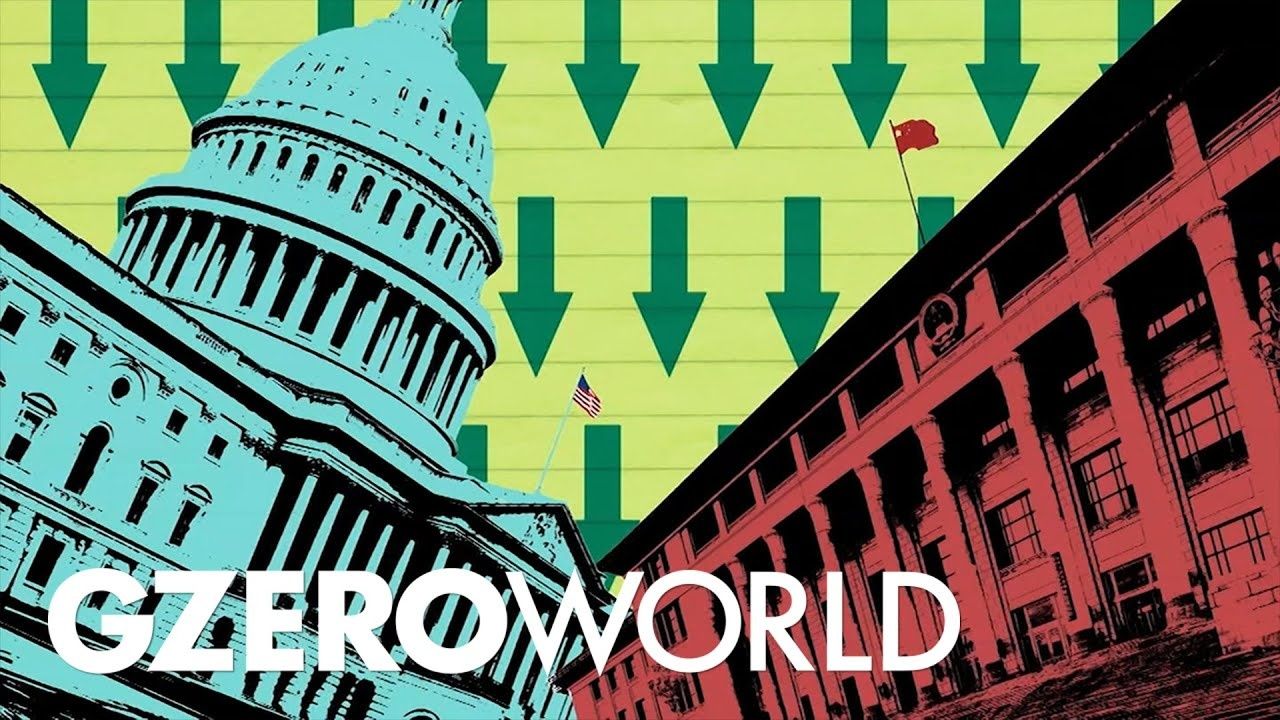On the latest episode of GZERO World, Ian Bremmer discusses the mounting tensions between the US and China with Zanny Minton Beddoes, Editor-in-Chief of The Economist. As US hawks talk tough on how to respond to China's increased aggression—Hong Kong, Taiwan, the South China Sea—Beddoes argues now is the time to pursue a more cohesive and long-term diplomatic strategy. "I would hope that…even with countries who have a fundamentally different ideology that you don't trust, that you don't share, that you frankly find abhorrent, that you can find ways of dealing with those countries, not just to prevent a descent into military conflict, but also to tackle the global challenges that we need to tackle," she says. "And what's really profoundly depressing about this particular moment is that in the face of the worst pandemic since 1918, which is ineluctably global in nature and demands a global response. We haven't had that."
More For You
Is Venezuela entering a real transition or just a more volatile phase of strongman politics? In GZERO’s 2026 Top Risks livestream, Risa Grais-Targow, Director for Latin America at Eurasia Group, examines Delcy Rodríguez’s role as Venezuela's interim president after Nicolás Maduro.
Most Popular
It’s been just over 48 hours since US forces conducted a military operation in Caracas and seized Venezuelan strongman Nicolás Maduro, and the future governance of the country – and the US role in it – remains murky.
